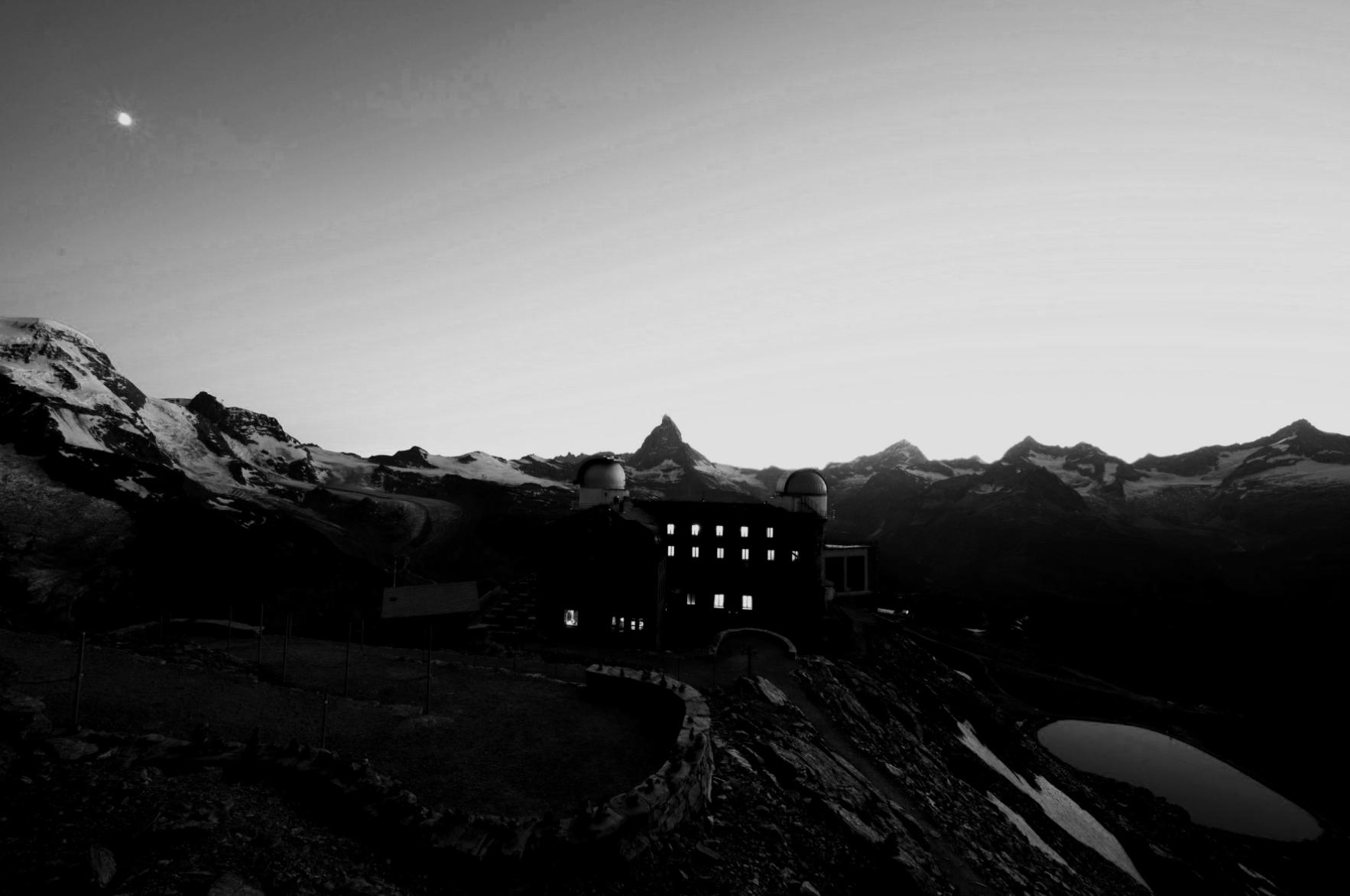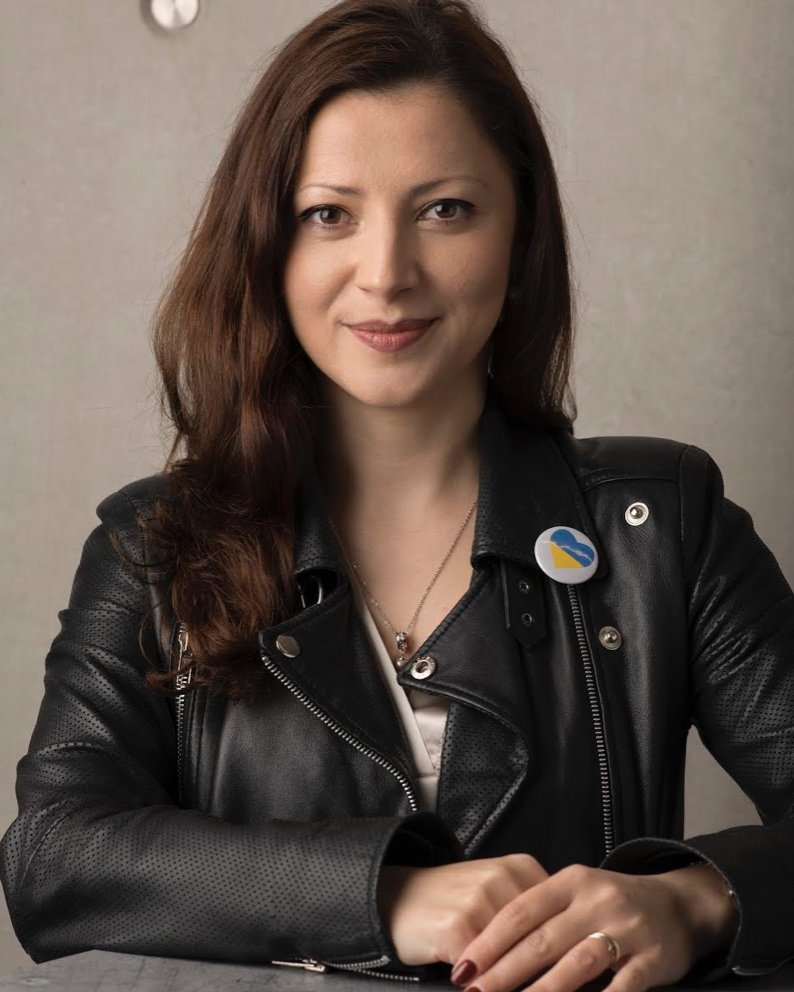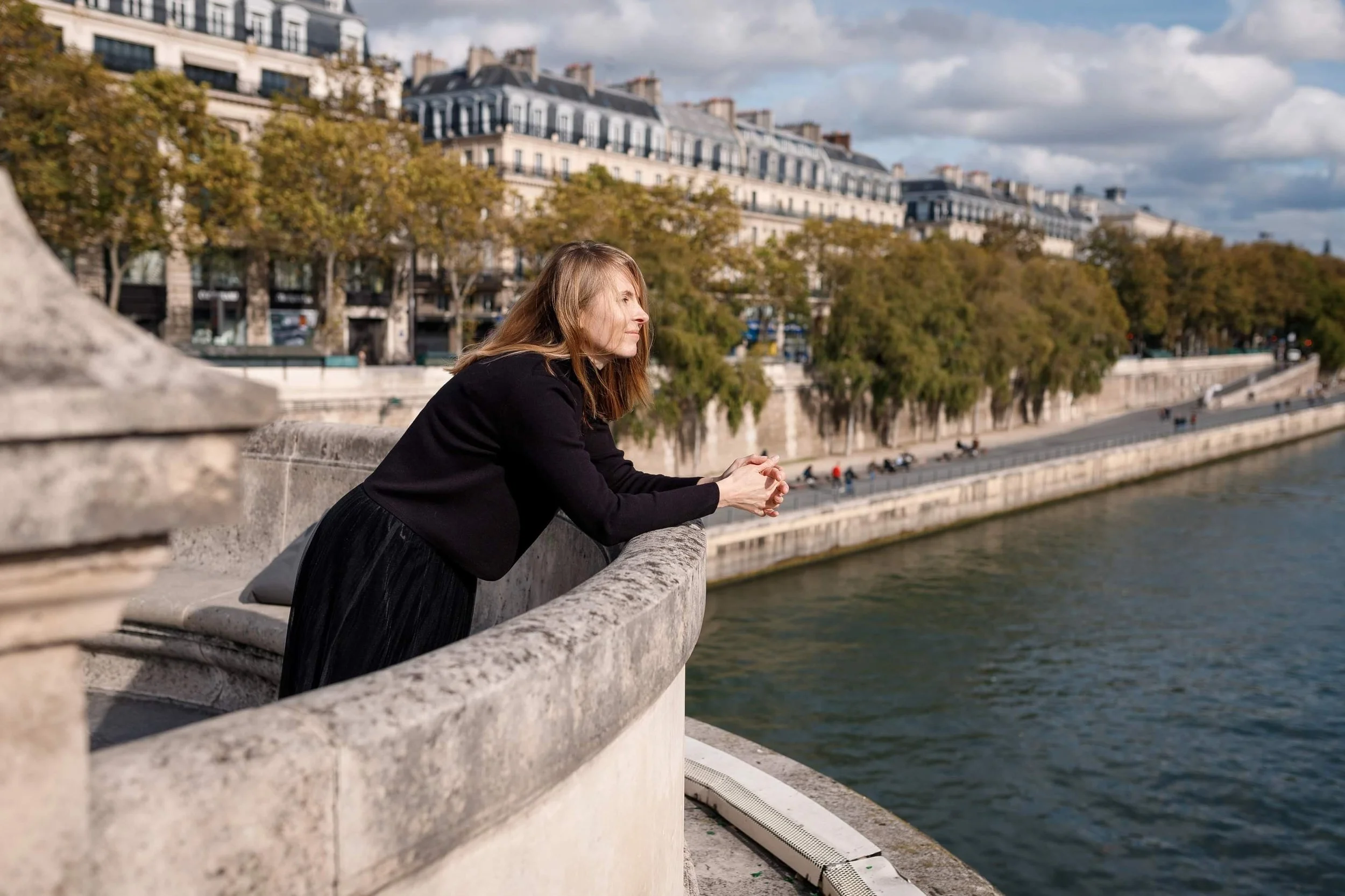“I’ve never had any taboos when it comes to humor. However, I would never joke about the victims of violence, and I do not support sexism or victim-blaming. That’s unacceptable for me. Humor always remains somewhat incorrect and absurd.”
Read MoreInterviewed by Irina Costache
"For me, being able to read these stories fills in a lot of gaps. Many times, it's not because anyone in my family or the Romanians that I grew up with in Detroit are withholding that information, but something that particularly writers can do is make a whole world come alive, a whole time period come alive."
Read MoreInterviewed by Sandra Joy Russell
“Many of the circumstances Baek depicts in her works are dire. In addition to the hunger, cold, and violence the narrator describes, there is a general feeling of helplessness which echoes throughout the work. This made it difficult to continue to translate for extended translation sessions.”
Read MoreInterviewed by Sonya Bilocerkowycz
“(Ukrainian solidarity) is something that I think people outside of Ukraine struggle to grasp: Why is a Crimean Tatar fighting for Donbas? How is it that a Russophone Ukrainian would rather die fighting than find her- or himself in Russian occupation? Our strength is in unity and it’s this unity against imperial oppression that we’ve been cultivating for generations.”
Read MoreInterviewed by Anna Gruver
“As a poet, death interests me as intensely and deeply as any other life experience I encounter. In that sense, there are no taboos for me: what can be touched upon and what cannot, what I write about and what I don't.”
Read MoreInterviewed by Olena Lysenko
“In Bakhmut, people have grown accustomed to sleeping in houses with broken windows, simply covering themselves with a few blankets. These are the harsh realities that currently have no solution. The unfortunate truth of our current reality is that people can become accustomed to living in a war zone.”
Read MoreInterviewed by Iryna Verano
“It took me a long time to question my own caste identity. Sometimes consciousness works that way too. An ultra-liberal approach argues that we fail to see caste because we oppose it. But that, too, is problematic, and over the years, I have learned to see it, accept it, feel the embarrassment of it, and then work from that place of recognition, which I find healthier than the previous approach, which was uninformed.”
Read MoreInterviewed by Sandra Joy Russell
“I have a quite banal belief that poetry is born out of something traumatic, something violent that you have to say in a broken language, to mock this violence, to imitate, to make it approachable, to adjust the words to what you’ve gone through. I don’t think poetry is beautiful; not sure what ‘beauty’ is.”
Read MoreInterviewed by Kate Tsurkan
“I used to find working in the archives uninteresting until I started digging deeper into Mykhaylo Semenko’s life story. You probably know he was a leading figure of Ukrainian Futurist poetry who was shot dead in Kyiv in 1937. The search for documents relating to his life sometimes resembles an investigation.”
Read MoreInterviewed by Olena Lysenko
“Europeans have already forgotten the reality of war and are very afraid of any form of violence, so they always try to come to an agreement. But it is impossible to peacefully come to an agreement with a nation like Russia. This situation has impacted everyone to a certain extent, and it is no longer possible to say that nothing is happening.”
Read MoreInterviewed by Paula Erizanu
“My father taught me to read the Latin script before the Cyrillic alphabet. But I wasn't allowed to talk about it at school. But we, the children who read books in Romanian, knew each other. Even if we were not friends, we had a feeling of solidarity with each other.”
Read MoreInterviewed by Kate Tsurkan
Everyone was in survival mode, going on very little sleep, adrenaline, and trust. I remember giving a $12,000 drone to the driver who was supposed to drive it to the east of the country. He didn’t want to take money from us when we told him it was for the guys on the front lines.
Read MoreInterviewed by Kate Tsurkan
Ukraine entered my life one day in the hot summer of 1980. I was in the Soviet version of a jeep car with my father—speeding up a dusty road through the fields of God knows where in Kazakhstan—when I first heard him sing ‘Chervona Kalyna’. He wasn’t singing the song too loudly, as if it was reserved for himself and no one else…
Read MoreInterviewed by Justina Dobush
I fought against the “rich vocabulary” theory from the beginning. I see no reason why it is necessary to have a large vocabulary to write well. After all, if you don’t know how to use words correctly, it doesn’t matter how many you know. You can use few words, but in a good way, or vice versa—use a lot of words badly.
Read MoreInterviewed by Justina Dobush
I have just managed to write two texts that I do not know when I will share, because in general there is this feeling as if nothing can convey your pain, nothing can convey what you experienced. But I understand that neither I nor others have the right to remain silent for a long time. Since voice and language are what have always saved us and Ukraine, without it there is no way.
Read MoreInterviewed by Kate Tsurkan
I would admit that I used to feel torn between the disciplines when I was very young and I wanted to do everything all at once. And hard and fast! If you are interested in art and current events and literature and history as I was as a student, making one's way into journalism is the obvious choice on a certain level.
Read MoreInterviewed by Liliia Shutiak
What most westerners think of war is something out of Remarque's novels. That is, they imagine a war is going on somewhere, but people still manage to go to theaters, cafes, drink calvados, and walk along the Seine. We do not have that luxury in Kharkiv.
Read MoreSince the start of the Russian invasion on February 24, the air raid siren has become an unfortunate staple of everyday life in Ukraine. We collected testimonies from people of various backgrounds throughout Ukraine, in order to present a psychological portrait of living with the air raid siren — or rather, in spite of it — during wartime.
Read MoreInterviewed by Kate Tsurkan
I don’t understand how anyone can willingly involve themselves with Russian culture until the last Russian soldier’s boots leave Ukraine and Russia takes responsibility for what it has done. When people refuse to cooperate with Russians because of their awareness of the atrocities committed by Russia, it is not russophobia, but rather an attempt to preserve their own system of values.
Read MoreInterviewed by Kate Tsurkan
When a person unfamiliar with the war comes along and says, “Now I will show you the whole truth”, most people for whom this wound is unhealed perceive such “truth” as an assault on their wound with dirty surgical instruments.
Read More



















